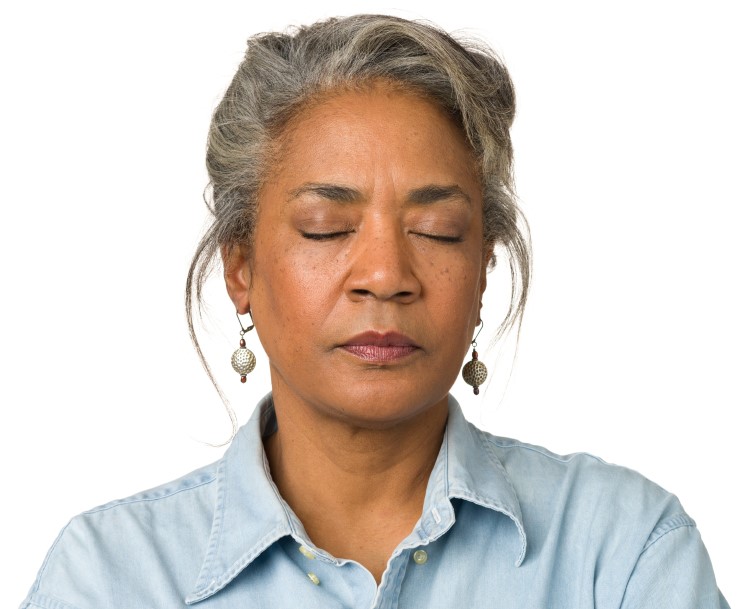What is Mindfulness?
Mindfulness is a way of being with ourselves, with others, and in the world, with wisdom and compassion. Derived from 2500-year-old Buddhist teachings, the mindful awareness practices taught by the CMA are completely secular. Building on more than 40 years of scientific research, we use these ancient practices to address modern stresses.
Contrary to the popular misconception of mindfulness and meditation (only for gurus in loincloths sitting cross-legged on mountaintops), mindfulness is not a religion. Mindfulness practices are an invitation to become more aware of your inner life, in order to live with greater awareness, balance and compassion in the world. The goal is not to be transported away from the stresses of life into carefree bliss, but rather to become fully present, alive, awake and aware to your life, as it is unfolding. It can be practiced by nearly everyone, and, as scientific research is demonstrating, can make a significant and measurable impact on how we deal with stress and respond to life’s inevitable challenges.
Jon Kabat-Zinn, PhD, Founder of the Center for Mindfulness in Medicine, Healthcare, and Society at the University of Massachusetts Medical School defines mindfulness as “Paying attention, on purpose, in the present moment, and non-judgmentally.”
In SHINESM, we practice short periods of formal meditation, and encourage participants to establish a daily routine of sitting quietly and focusing their minds on their breathing, allowing thoughts to arise and fade naturally.
Equally as important are the informal practices, taught via the nine Keys to MindfulnessSM. These have proven to be accessible and practical ways to introduce mindfulness into the midst of stressful situations – allowing people to see their situation more clearly, and to act with purpose and design, rather than react with fear, anger, and anxiety.

